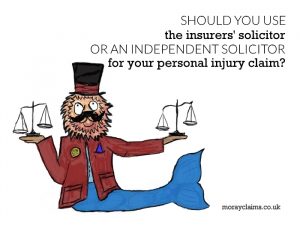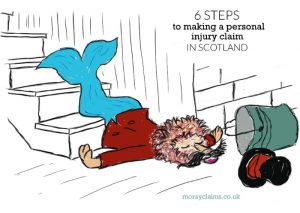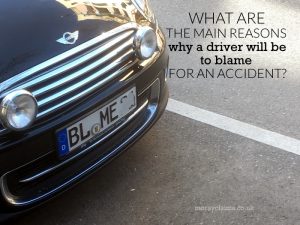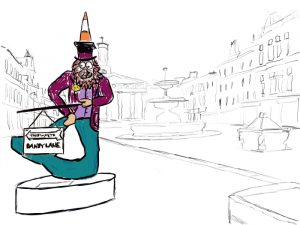We received the following question in an enquiry via our website: “After a road accident (not own fault) is it better to claim personal injury through solicitor provided by my insurer or through independent solicitor?” Here are 5 things you could consider which might help you reach a decision on that issue. 1. How experienced and qualified is the person handling your claim? It would be nice to be able to take it as a “given" that the level of experience and expertise of the two types of adviser are the same. However, that is not necessarily safe to assume. Knowing whether your claim is going to be handled by a solicitor or by a paralegal (or by an administration person) could be important. If you're getting help from a solicitor, you have a clear benchmark of legal training. With a paralegal or claim handler, that's not so obvious. In general terms, you're looking for a solicitor who has a proven track record in dealing specifically with personal injury claims. All Continue Reading
6 steps to making a personal injury claim in Scotland
How difficult can it be to send a letter to County Cork in Ireland? Flor McCarthy of McCarthy & Co, Solicitors, in Clonakilty, Co. Cork is a marketing wizard when it comes to legal services. We sent him payment for a book he had mailed to us at our request. But the Euro notes we posted to him did not arrive. And still they never arrived. He probably thought this was a standard trick employed by Scottish solicitors; we thought someone must have intercepted and pocketed our cash payment (of course, embarrassingly, a method of payment we would never advise anyone else to use). Fortunately, Flor did eventually receive his money, which had gone on a round-the-world trip in the meantime. The envelope bore the stamp “Missent to Korea”. Who knew you could get a ink stamp that says that? (We’re now thinking of getting one for the office). Sometimes “simple” things can become complicated. Personal injury claims can be complicated but, for the purposes of this article, we Continue Reading
What are the main reasons why a driver will be to blame for an accident?
Brené Brown is an American research professor. She is based at the Graduate College of Social Work at the University of Houston. She is a best-selling author, covering topics such as shame, vulnerability, empathy and courage. Describing herself as a researcher and storyteller, in this revealing and entertaining animated video, she also describes herself as a “blamer”. She manages to make blaming her husband, Steve (for her dropping - and splashing over herself - a full cup of coffee), sound understandable and reasonable. All he did was come home half an hour late the evening before and shorten her night’s sleep by the same amount. But for his lateness, however, she wouldn’t have been so tired as to need the second cup of coffee she then spilt on herself. As Brene Brown asks: how many of us go to that place, when something bad happens? Where the first thing we want to know is: “whose fault is it?” And we’d rather it be our fault than no one's fault - because it gives Continue Reading
Plans to rename Elgin street not fine and dandy for everyone
Controversial plans to change the name of one of Elgin’s oldest streets have also stirred up an argument surrounding one of the town’s recently-erected statues. If implemented, the plans will see North Street renamed “Dandy Lane”. This is in tribute to the Dandy Lion statue which stands at the west end of the pedestrianised part of Elgin High Street, close to its junction with North Street. Of course, the 10-foot-tall, half-fish / half-big cat monument is no stranger to controversy itself, having been dubbed “cultural vomit” at the time of its unveiling in 2016 as part of Elgin’s Castle to Cathedral to Cashmere Heritage Trail. Local solicitor, Peter Brash, who works at Grigor & Young LLP expressed his firm’s concerns over the proposed change and said they would not take it lying down: "G&Y has been in existence since 1828 and in North Street – we believe – since the 1830s. “No 1 North Street” has been a marketing phrase we’ve used over many years and we’re not sure Continue Reading



